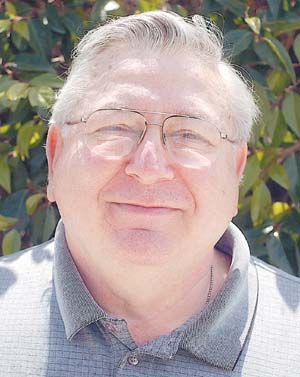Twenty-five years ago, in April 1989, the TV series The Twilight Zone aired an episode titled “Special Service” that was – like so many of its offerings – way ahead of its time. The central character, Mr. John Selig, cast as, “a reasonably average man who goes through life with both eyes open and both hands firmly on the wheel” discovers that “his life is broadcast on television to the entire planet, 24 hours a day” when he finds a camera behind his bathroom mirror. Sound familiar? It should, the same storyline from that purchased script was the primary premise of the movie The Truman Show in 1998.
Like Truman Burbank, the story’s offspring who came nine years later, John Selig is outraged and tries to sabotage the project, but almost everyone else, his friends, his wife, and the network executives, were either in on it for a paycheck or as a fan of his show; the show he was secretly starring in.
The Twilight Zone summed it all up with one of their famous closing comments, “The next time you think people are talking about you behind your back or a happy coincidence seems just a little too good to be true, check behind the bathroom mirror or see if there are any channels missing from your TV. It just might be that John Selig’s ratings have dropped and you’ve become a star in the phosphor-dot world … of the Twilight Zone.” Terrific stuff.
Being a full-length movie, The Truman Show could and did take the idea many steps further. Not only was Truman the unknowing 24/7 star of a reality show from birth, but his entire life, from the staged death of his father, to the weather and sunrise, was controlled to manipulate the audience and improve ratings.
John Selig’s life was transmitted, although others were acting, Truman Burbank had no life; he existed only on a technological stage.
One tipoff that eventually raised Truman’s suspicions about his situation was the constant product placement ads mouthed by his wife, Meryl, who would turn toward the best camera at inappropriate times, hold the featured product in that awkward – don’t cover the label – way, and pitch everything from coffee to lawnmowers with a big smile.
Just consider some of the things the writers noted as in existence or saw coming; the willingness to do anything for money, miniature technology, ads everywhere all the time, and even America’s growing pre-9/11 xenophobic cowardice. When Truman tries to run away by booking a flight to Fiji, the show’s “controllers” had already prepared the scene to reinforce his fears. A poster on the wall at the travel agency trumpeted the hazards of going new places – Have you bought enough travel insurance to protect against terrorists, disease, wild animals, and street gangs? – it asked.
I believe the most important theme is not the notion that we are being watched, but that we are doing the watching. We are far more interested in the lives of others than in our own; the audience lived Truman’s life more than he did, which is why soap operas run for decades.
However, the predictors did get one thing wrong; it turns out there is no need to set up elaborate networks of hidden cameras and actors; given the opportunity several years later by Facebook and others, the average Joe, Jane, John, or Truman is more than happy to share the intimate details of their lives with the whole world just to get noticed.










